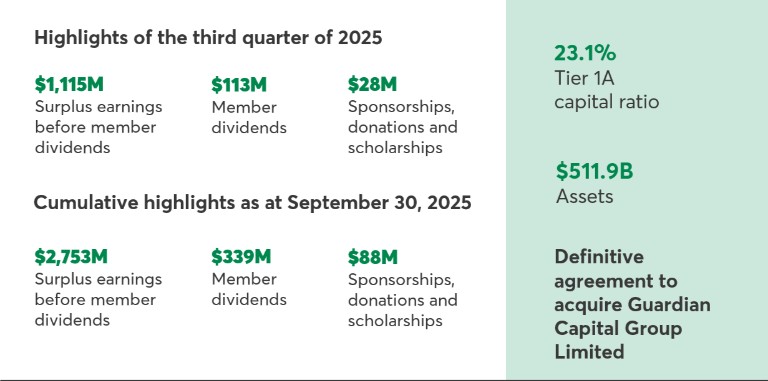Topic: Press releases Featured: Housing crisis: Desjardins commits to delivering more than 10,000 affordable housing units by 2028 December 5, 2025

Get the latest about Desjardins and read our most recent press releases.










Keep up with our coverage of trending news and issues.
Truth and reconciliation
Learn about the ambitions of 4 inspiring personalities
Circular economy
Fighting climate change through a circular economy